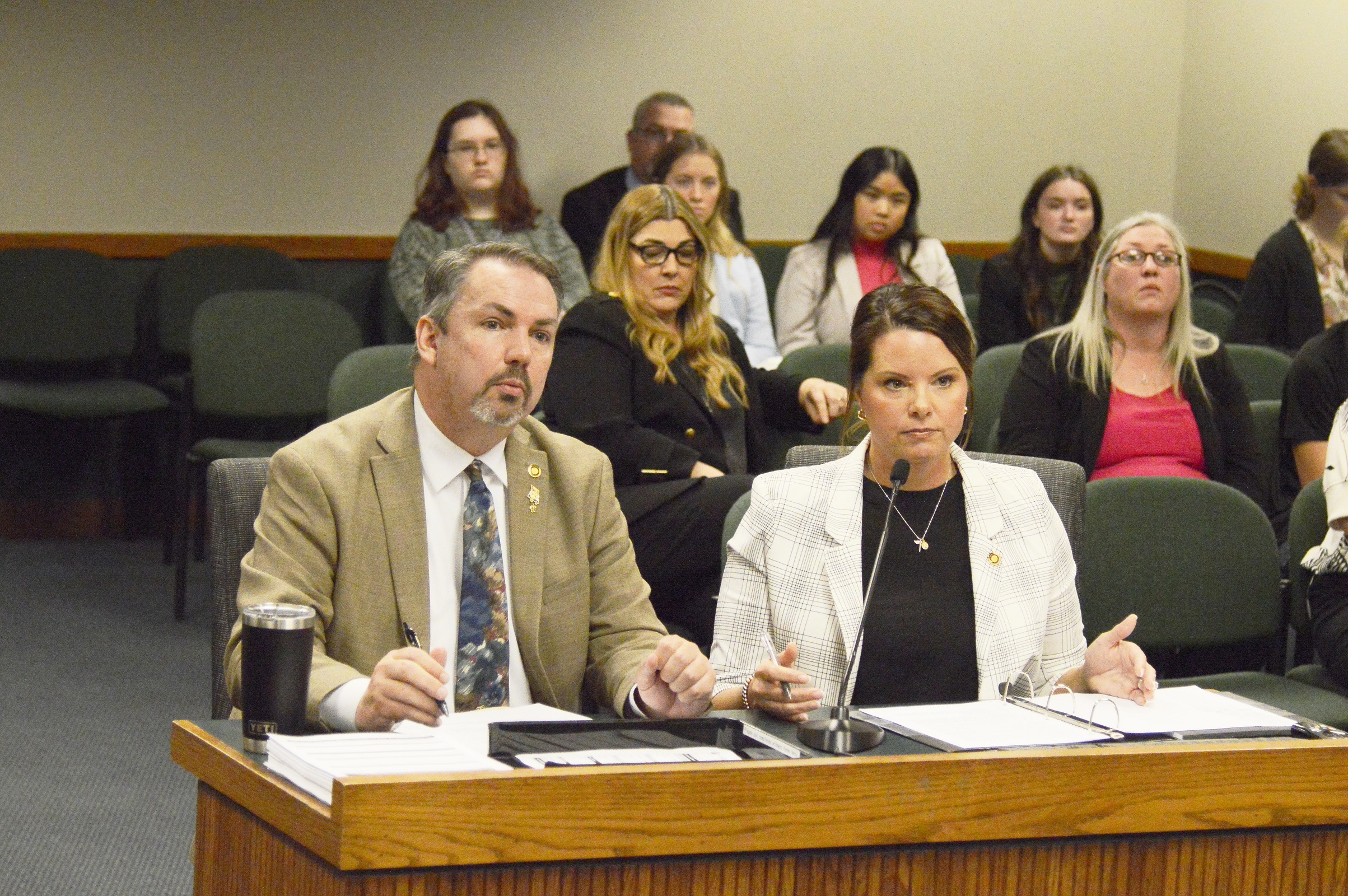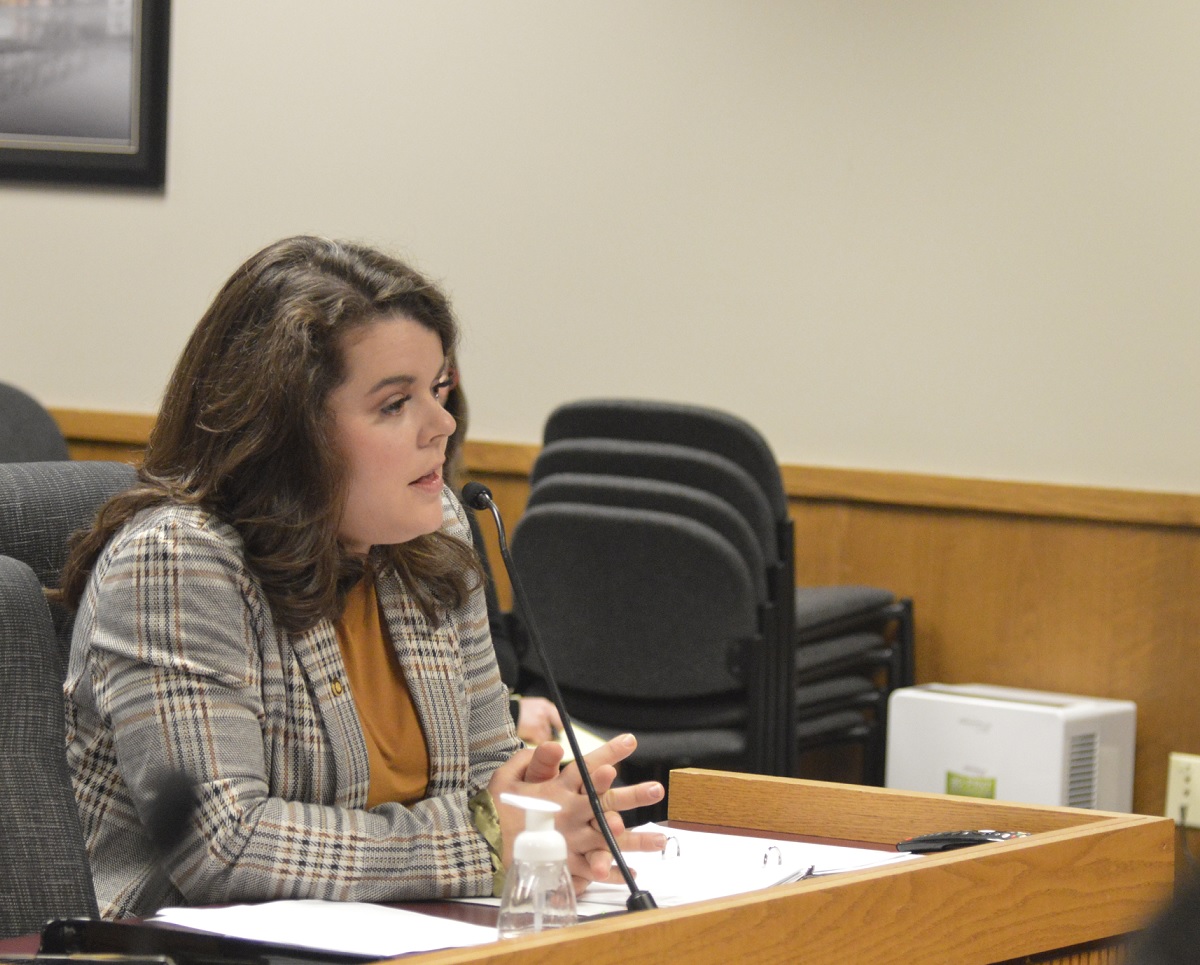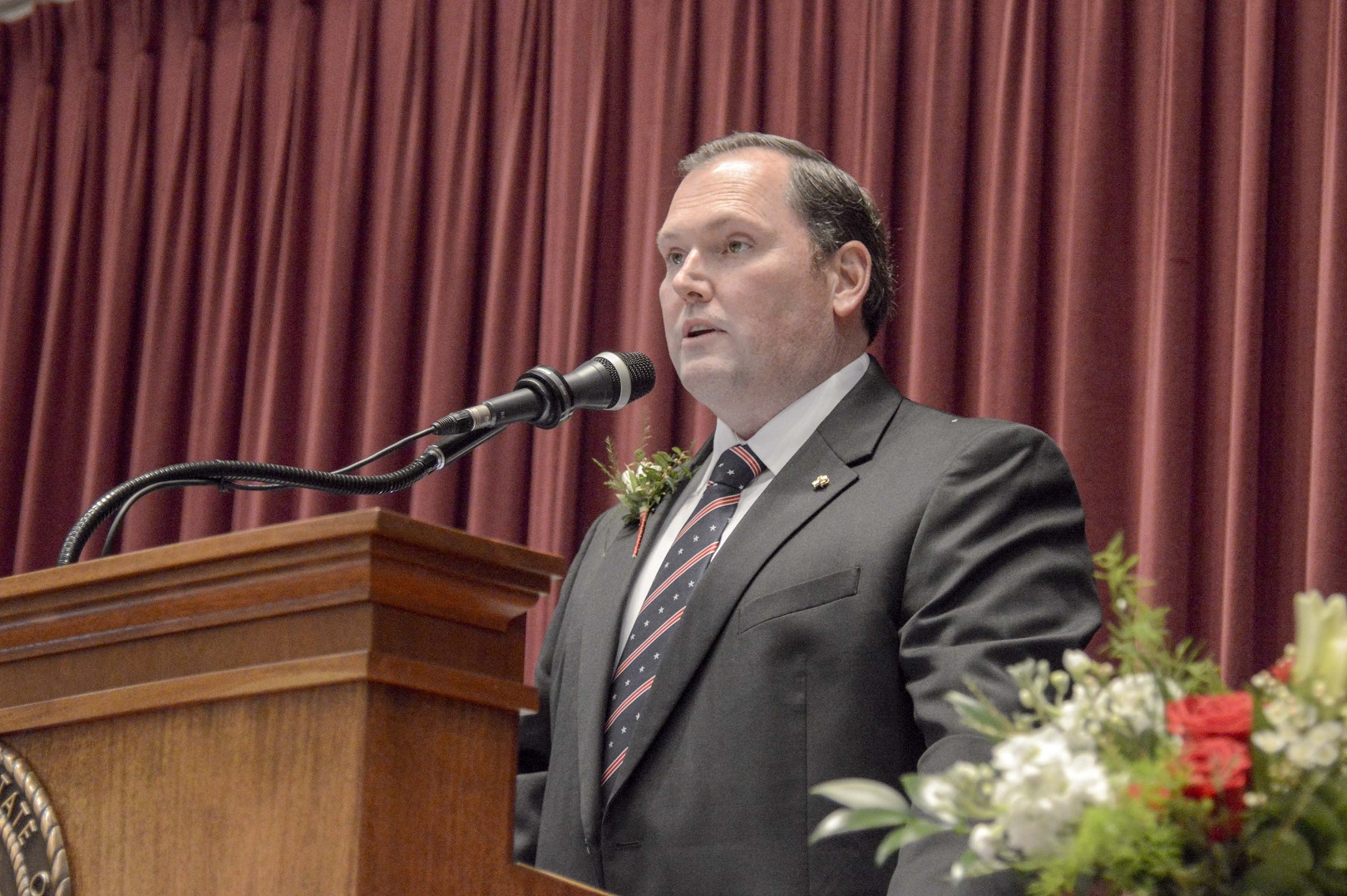A House committee has been presented with stories of a parent’s nightmare: children being taken by the state based on false suspicions of parental abuse. Legislators are being asked to address the issue, but finding a balance is difficult when the safety of children is at stake.

The stories shared some similarities. Parents take a child to a doctor for care for a broken bone. A medical professional suspects the parent of abuse and contacts the state. The state takes the child and its siblings from the parents.
Months or more go by. Eventually, a medical diagnosis reveals an explanation for the broken bones that doesn’t involve abuse. After many frustrating circumstances, much heartache, and the passage of a lot of time, parents and children are reunited, but there are no apologies and much, much damage has been done.
“The bigger picture, again, is: we don’t have any rights at all, as soon as anybody says, ‘This is abuse,’” Rebecca Wanosik told the House Committee on Children and Families.
Wanosik was one of those who shared her ordeal with the Committee, as was Tessa Gorzik.
This is what Representatives Holly Jones (R-Eureka) and Jamie Gragg (R-Ozark) are trying to address with House Bills 2690 and 2691. They are proposing that when a child is placed into 24-hour protective custody due to suspicion of child abuse, custody cannot be extended if a parent or other authorized guardian presents proof that contradicts the allegation of abuse.
Jones said it would allow a parent to present a second opinion.
Wanosik said such provisions would have saved her a great deal of pain.
She said five of her children were taken from her in 2015 when the youngest, then nine weeks old, was found during a doctor visit to have three rib fractures and an arm fracture. She said her family was denied second opinions and denied access to her child’s medical records.
While her children were in state custody, the infant developed more fractures. Rather than see this as a possible sign that the parents weren’t responsible, the state said the parents could have caused these new fractures during visits, despite those visits being supervised.
Eventually, a medical diagnosis revealed another explanation for the injuries, but the allegations did not go away.
“They ruled by a preponderance of evidence that my baby was clearly a victim of child abuse and neglect but they couldn’t pin a perpetrator, and then they gave me my children back,” said Wanosik. “It’s very common, actually, because you’re not held to the same standard [of] the criminal court and there was never enough evidence for us to be criminally charged,” so they just kept running us through the family court system.”
Now, Wanosik is the Treasurer for a group called Fractured Families, a group that advocates for situations like hers.
The Committee’s members responded favorably to the proposals but expressed concern that the language needs to be refined.
Ferguson Representative Raychel Proudie (D) said it’s unclear to whom any kind of proof of a medical condition would need to be presented.
The Missouri Network Against Child Abuse (formerly Missouri KidsFirst), an entity respected by many lawmakers when considering child abuse legislation, spoke in opposition to the bills. Its Executive Director, Jessica Seitz, said the bills focus on one piece of an abuse allegation.
Further, Seitz said the “proof” the bill centers on is not defined, calling the language, “vague and problematic, and being unspecified puts us at risk of a child being left in an unsafe situation.”
Seitz challenged the premise of the bill, that there is a need for a state law to allow parents to get a second opinion when they are being investigated for child abuse.
However, Seitz emphasized respect for the efforts of Jones and Gragg, saying she wants to work with them to improve the system.
Jones said she remains adamant that something must change, because the damage done to children and their families when the state takes children away is long-lasting and runs deep.
Committee member Ed Lewis (R-Moberly) acknowledged Seitz’s concerns but told her, “We are going to move forward with this bill, if I have anything to say about it, but you need to be a part of the picture. Your organization needs to be a part of the picture because if you’re not, it’s not going to be the balanced, thread-the-needle approach that has to happen so that we both protect those children who are actually being abused and … I would say [just] as important, [is] protecting those families and those parents and those children who aren’t being abused but get caught up in the system.”
Gragg echoed Lewis’ sentiment, telling the committee he knew addressing this issue would be challenging.








.jpg)



